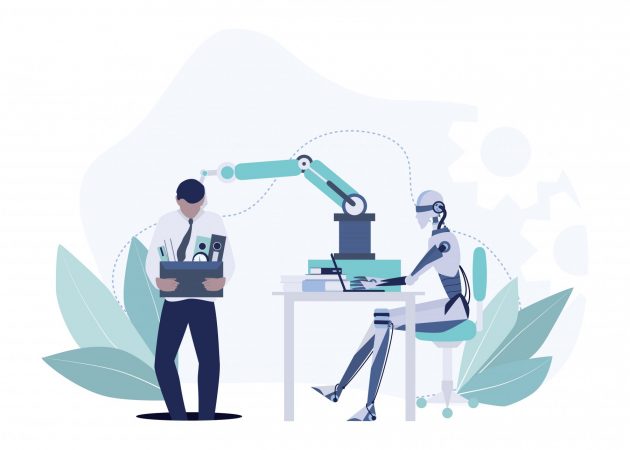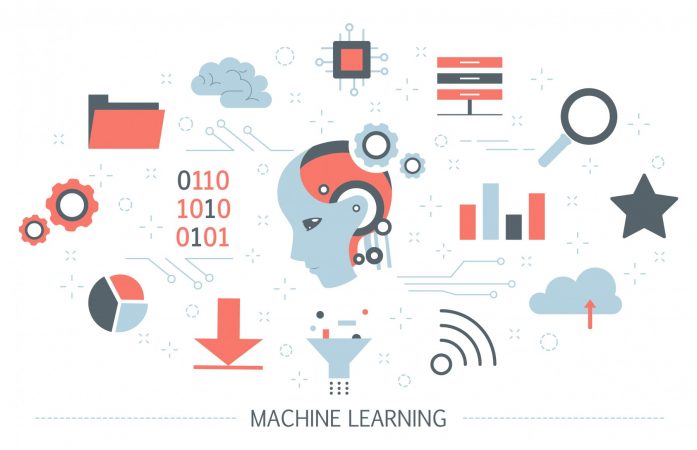
Dir. Digital Content Production, Boston Celtics
Is it because it sounds ethereal or is it because it feels threatening? Threatening because the technological advancements are getting closer to removing parts of the labor required to produce content?
Will it replace labor? I think it will shift the labor needs to more creative and digital development roles. However, it’s important to remember what computers are unable to do. They can’t emote. Creating a story that invokes an emotion is the human advantage of content.
 If you’re someone who loves to log your footage, I’d love to meet you. I have yet to meet someone who loves to sit down and log footage. Building systems, yes. Organizing folder structures and optimizing layouts, yes. But, sitting down and logging footage is often one of the last things people want to do after they go on a shoot. However, it’s a necessary part of the job to maintain a searchable database of your library for repurposing of content, and ROI, which has come into focus even more during the pandemic.
If you’re someone who loves to log your footage, I’d love to meet you. I have yet to meet someone who loves to sit down and log footage. Building systems, yes. Organizing folder structures and optimizing layouts, yes. But, sitting down and logging footage is often one of the last things people want to do after they go on a shoot. However, it’s a necessary part of the job to maintain a searchable database of your library for repurposing of content, and ROI, which has come into focus even more during the pandemic.
In steps your new best friend, AI/ML, who is happy to tag and level up your metadata so you can get on with the creative elements of your job quicker. See how I didn’t say replaces? It expedites this process (at least, for now). With shorter timelines, higher expectations, and the same resources, you need help clearing your schedule so you have more “make” time. Here’s the secret, it doesn’t happen with the snap of a finger. You start small, and build up over time. It’s a process. Dipping your toe in the water gets you acclimated until you ultimately get all of the way in and decide it’s actually not that cold after all. Ok, I’m not in that far yet, only about knee deep right now, but it feels pretty nice.
What metadata can AI/ML help you automate? Do you have old newspaper articles you’d like to search the contents of? What about using facial tracking to identify personalities? And maybe most pressing and tangible today, how about speech-to-text transcription? After manually typing out a 24-page transcription from a 90 minute interview (have you been there before?), I had enough pain. I needed help, and so did my J, K, and L keys. It turns out, AI/ML can help. Depending on the service, speech-to-text is about 75-85% accurate. The higher the quality of the audio, the more accurate. And guess what? You can improve those results with a custom dictionary. 
The best part is that you can search and retrieve what you’re looking for, and find it connected to your video so you’re not looking for timecode on a document and scanning through your footage to find the bite you need. Of course the bite you want is the one that’s somewhere between two timecodes so you have to estimate the timecode, begin to listen back and figure out if you overshot or undershot it. No, stop doing that! Click on a word, and have your play head jump to that exact millisecond. Pretty cool huh?
Think of all the things you can do. Want to create a video based on the theme of a certain word? Want to string together different interviews to create a VO? Want to find all your top clips of a specific person to create a quick montage? Want to have a central hub for all the transcriptions to live so you don’t have to ask who has it on their desktop, or which network drive it lives on because someone forgot to upload it to the proper spot when it was done? When everything is attached to the asset, it’s more accessible.
Still scared of AI/ML? I see two choices. We have a choice to either lead and leverage the technology, or let the technology lead us. As the pandemic has taught us, it’s better to prepare for change than have it forced on us. And maybe we find out that it might be a good thing after all. I’m about nine months in, and I’m already beginning to see the technology open up a whole new world of ideas and opportunities to create more stories. It’s worth it to spend your time more efficiently on the naturally inefficient creative process.
Justin Peterson is the Director of Digital Content Production at the Boston Celtics and is a contributor at AsaPro. Click here to see all of Justin’s articles.

